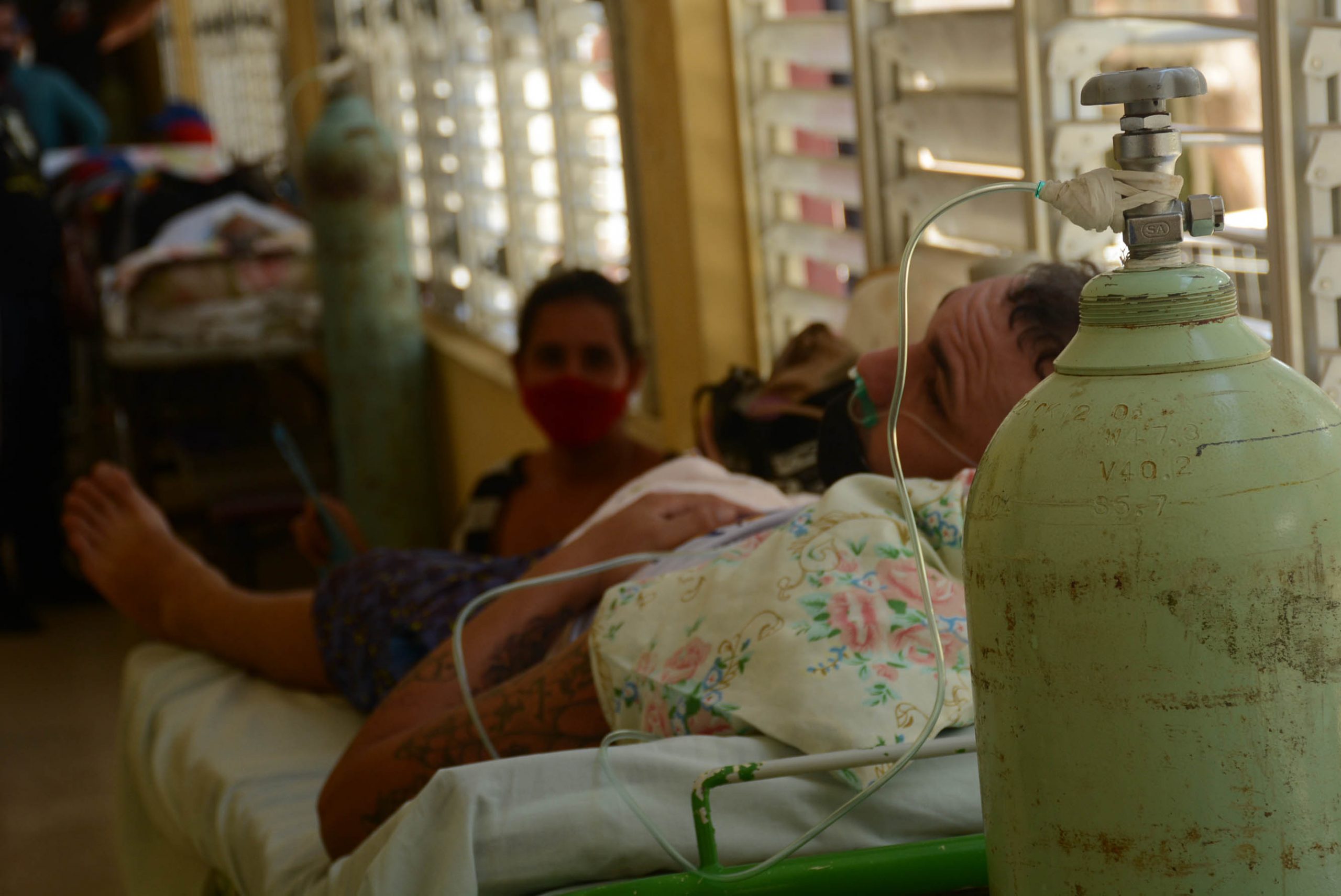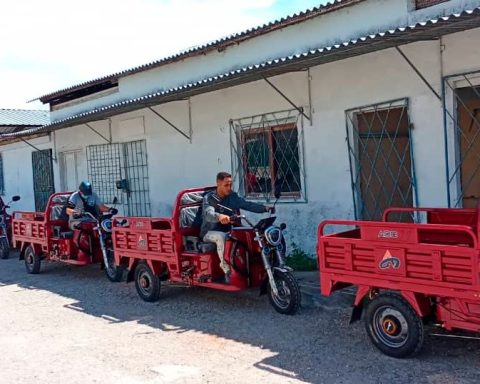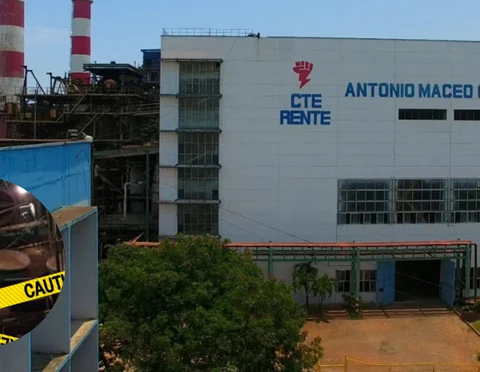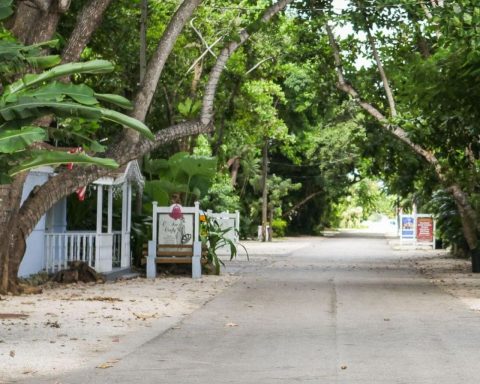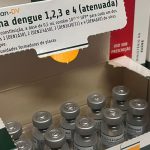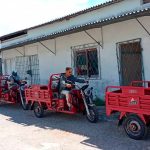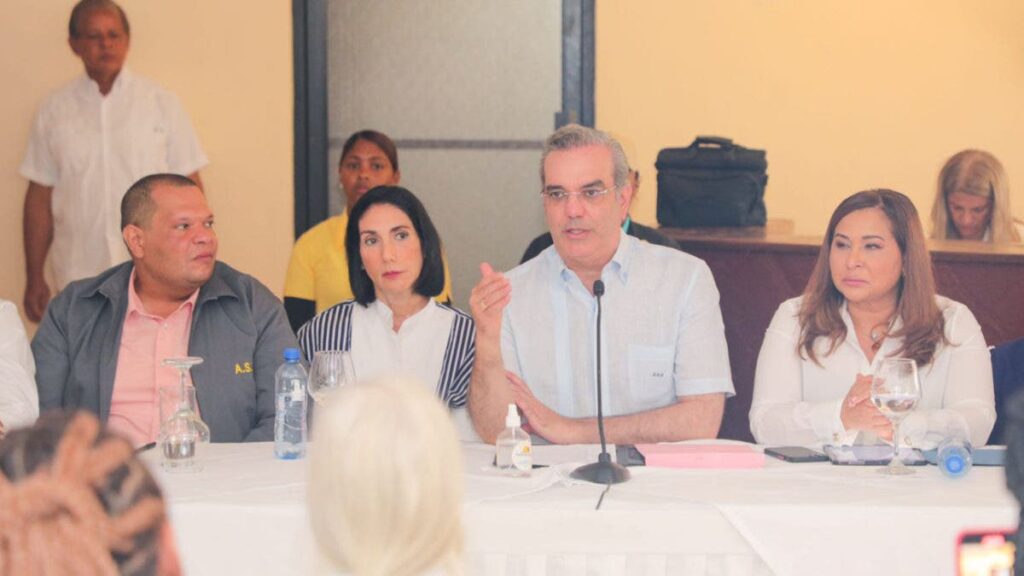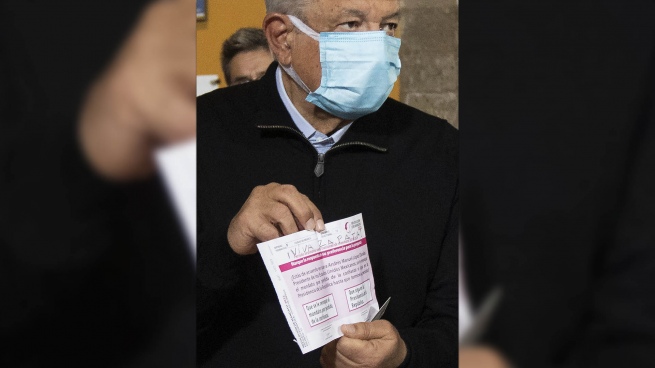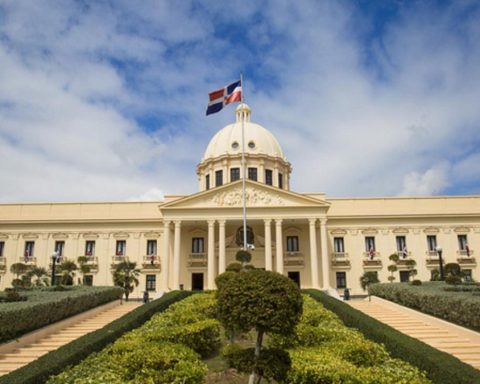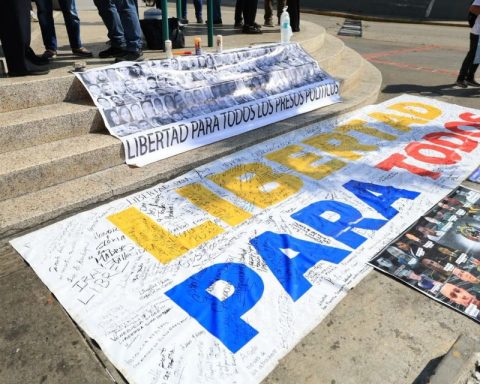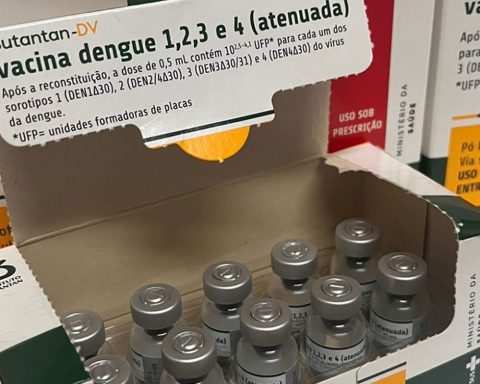The Cuban Minister of Public Health, José Ángel Portal, acknowledged this Saturday that 2021 was the “hardest” year for the sector “in recent decades” due to the COVID-19 pandemic, although he highlighted the work of health personnel in that scenario.
The owner, quoted by the official media Cubadebaterecalled that the circulation of the Delta variant of the coronavirus —whose first case in the country was detected in March 2020— led to a complex epidemiological panorama during the past July and August.
Portal considered as an advance of the health system the high level of immunization in the Cuban population, where about 90% of the 11.2 million inhabitants have at least one dose of the three nationally produced vaccines against COVID-19.
However, he blamed the crisis generated by the pandemic and the “strengthening” of the US economic embargo for the “sensitive” impact on the “availability of resources and on population health indicators.”
Last year, “the number of deaths increased in all the country’s territories, with the 60-year-old age group being the most affected,” he said. He added that “COVID-19 had a negative impact on recorded infant and maternal mortality rates.”
The report also recognizes “the lack and low coverage of medicines, medical supplies, diagnostics, expendable material” and “problems in the technological infrastructure, obsolescence and breakdown of equipment.”
Portal Miranda highlighted that, in the health sector, the country has around 510,700 workers, of which 69% are women and more than 260,000 are professionals, but even hospital management shows difficulties due to the measures adopted to confront the pandemic and “it is not possible to cover the demand for elective services”, as a result of the “deficit of medical and organizational resources and the non-compliance of some services with gaps in the safety of patient care”.
Efe/OnCuba.
